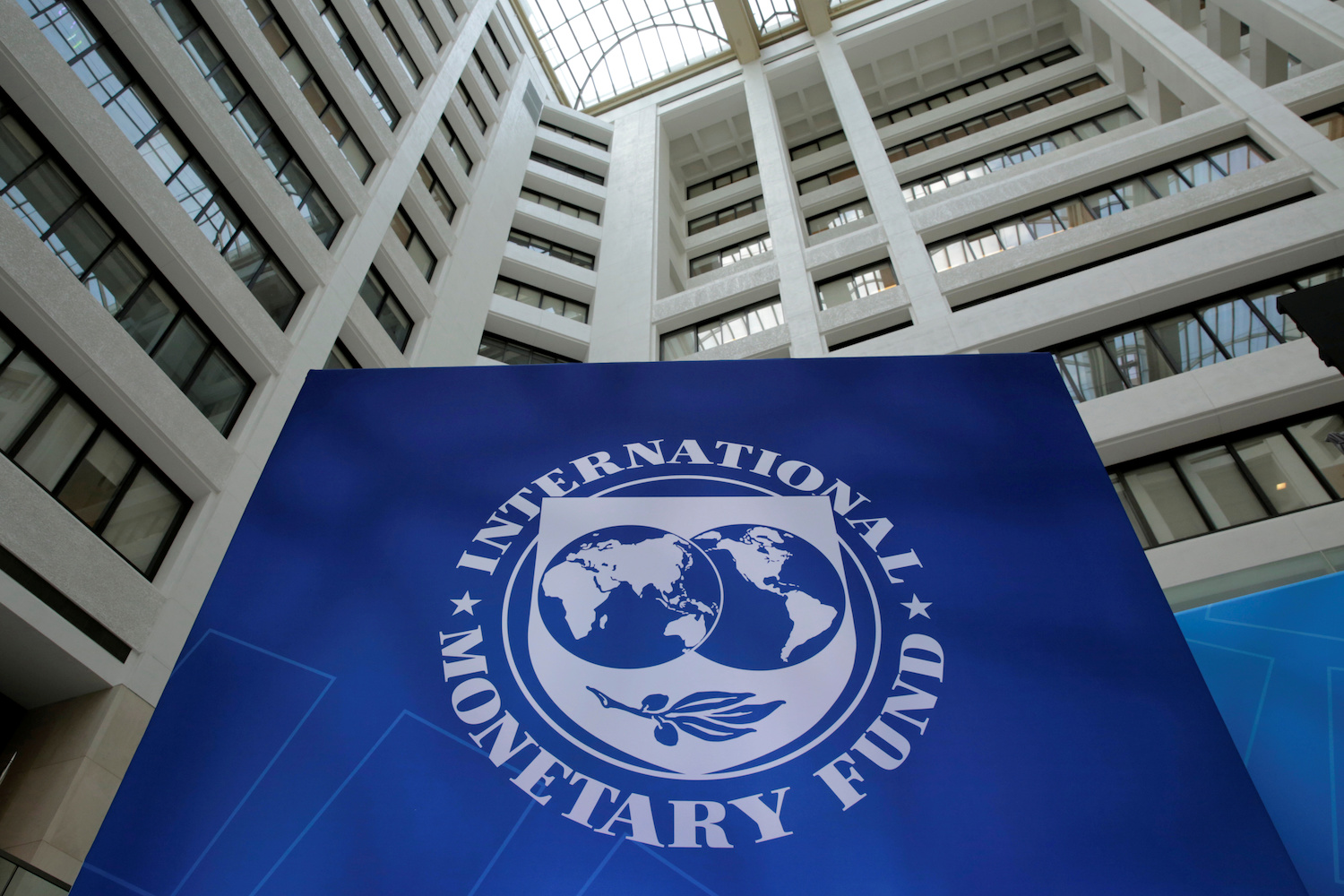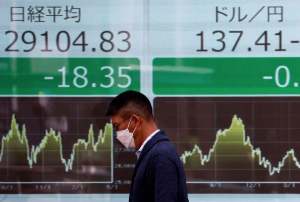(ATF) Asia has emerged from the worst recession in “living memory” but is still expected to post an alarming contraction this year due to the coronavirus pandemic, the International Monetary Fund said Wednesday.
The global body said that while some of Asia’s nations were recovering, even after “worse-than-expected outturns in the second quarter”, growth was not equal across the region.
The IMF said “growth engines are not all firing with the same power across countries, leading to a multi-speed recovery”.
It slashed this year’s economic forecast to a 2.2% contraction, reflecting a sharper-than-expected contraction in countries like India, a sign the coronavirus pandemic continues to take a heavy toll on the region.
CHINA ECONOMY: China central bank launches fintech development indicators
While the IMF upgraded next year’s growth forecast, it warned the recovery will be sluggish and patchy with countries dependent on tourism seen taking a particularly hard hit.
“Fear of infection and social distancing measures are dimming consumer confidence and will keep economic activity below capacity until a vaccine is developed,” the IMF said in a report on the Asia-Pacific region released on Wednesday.
“Although China’s recovery can boost regional trade, weak global growth, closed borders, and festering tensions around trade, technology, and security have worsened the prospects for a trade-led recovery in the region.”
This year’s decline is 0.6 of a percentage point larger than its forecast in June, due to sharp slumps in countries like India, the Philippines and Malaysia.
India’s economy is likely to shrink 10.3% this year in stark contrast to China, which is set to expand 1.9%, the IMF said.
Asia’s economy is likely to grow 6.9% in 2021 thanks to the boost from expected stronger recoveries in China, the United States and the euro area, it said.
But the IMF said there were “considerable” risks such as the chance of a second wave of infections, escalating U.S. tensions and a potential return to tighter financial conditions.
“With the pandemic seemingly far from over, policy support should be sustained and, in some cases, increased,” it said.
ASIA TRADE: China hits Aussie exports, but there’s one commodity they won’t touch
“A full arsenal of policy support is needed” that includes steps to help households and businesses cope with structural changes caused by COVID-19 such as permanent job losses in industries like tourism, it said.
“Policymakers need to redouble efforts to keep workers connected to the labor force and solvent firms in business while allowing non-viable firms to exit,” the report said.
- Additional reporting by Reuters’ Leika Kihara
























